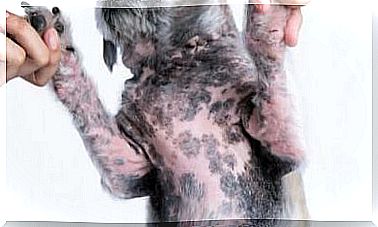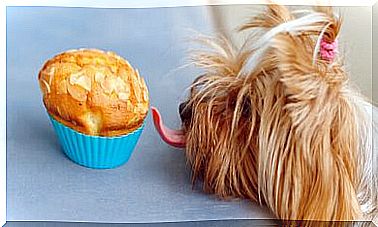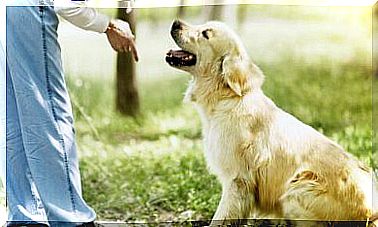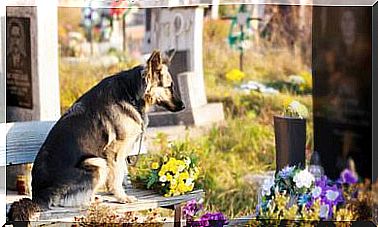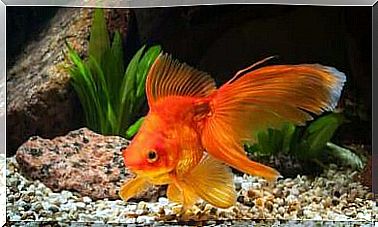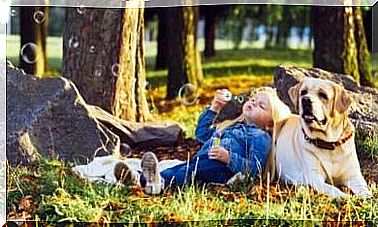Nursing Dogs That Save Our Lives
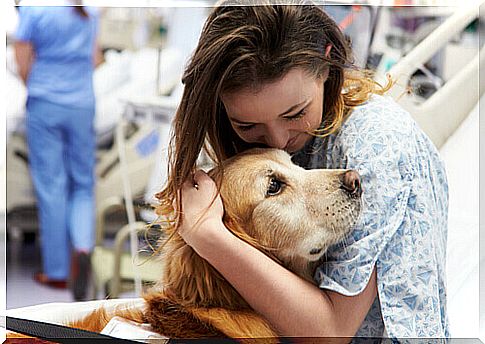
We already know that our pets are able to improve our lives and make us happy. However, on this occasion we are talking about the nurse dogs that attend a school … and even manage to graduate! Find out more by continuing to read.
The school for nursing dogs
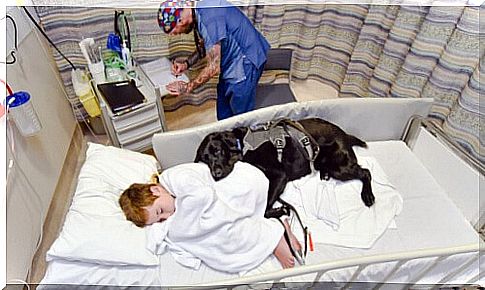
The stories featuring animals trained in service dog training centers are wonderful. One of them has as its main character a Jack Russell named Cini. The dog became aware of a sudden drop in sugar from her mistress, who risked having a hypo.
With three loud, dry barks and touching the leg of her mistress, Lidia, with her left paw, the dog managed to save her. The smell of isoprene, a chemical that is produced when glucose levels drop too low in the body, is imperceptible to humans, but is well recognizable to dogs. Cini, so he understood that there was something wrong with his mistress.
Lidia says: “I have entrusted my life to her” and, of course, she does not regret. Cini is one of 56 “graduate” animals who attended the nursing dog school. In centers set up for this purpose, dogs are trained as health assistants for people suffering from various diseases or problems. From people with diabetes, epilepsy, deafness, allergies, up to people with physical disabilities.
What are these training centers like?
Females have a greater capacity of perception than males and are less distracted. Plus, they learn faster.
Race also makes a difference, given that some are more predisposed to detect diseases or anomalies; we are talking about Labradors, Jack Russell and Bernese Mountain Dogs, which are not by chance the most used. The “pupils” are also chosen for their strength, their intelligence and their character.
In the case of the Bovari, we are talking about an extremely calm but stout breed of dog (it can reach 40 kg); for this reason it is ideal for children or young people with autism. The Labrador is very intelligent and is used to devote himself to deaf patients or patients with reduced mobility. Finally, the Jack Russell, like Cini, is more active, long-lived (it can live up to 17 years) and alert, for this reason it is assigned cases of diabetes and epilepsy.
Nursing dogs day and night
In nursing dog schools the courses usually last four months and are very comprehensive. To obtain the training title, dogs must pass 8500 tests. Once out of the center, they know very well how to behave in the presence of the disease for which they have been prepared.
Having a pet with these abilities can be expensive, but these centers often offer a rental “system” that is valid until the death of the dog (or person), accompanied by comprehensive monitoring. In this way, it is ensured that the animal receives affection and is loved by the family or patient. In the event that the animal, for some reason, does not perform its task as it should, it is brought back to the center and helped to improve.
The teaching allows the dog to know in detail the disease or pathology and, above all, how to behave about it. Inside the training centers, situations of everyday life are reproduced to teach the animal to always be alert, both day and night.
It must also be said that dogs are neutered, so that hormonal changes do not alter their work or their training. The night hours are usually the most critical with regard to certain diseases, for this reason we particularly insist on these moments.
Identify a glycemic peak early
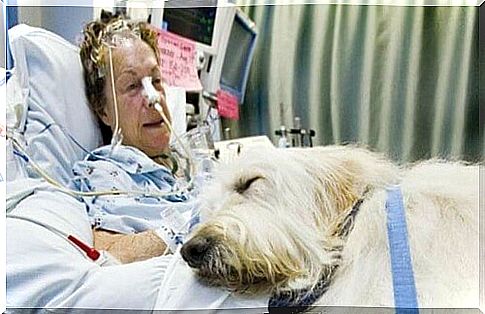
As for assistance dogs for diabetic people, they are taught to detect a glycemic peak in their owner 20 minutes in advance.
The stay of the animal in the training center is designed to simulate real situations or environments in the presence of people really affected by the problem in question. This helps them to always be on guard and watch over their master’s health. The monitoring of the dogs is exhaustive and all the steps and exercises performed are recorded. In this way, it is possible to identify errors and modify the working protocols.
At the present time, the “graduates” of these centers can be nurses only for certain pathologies or conditions, although certainly in the future it will be possible to extend access to them to other races or further forms of training.
